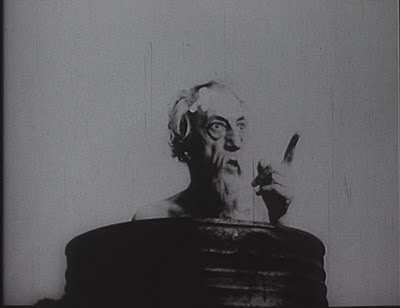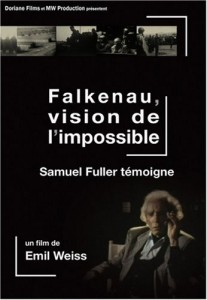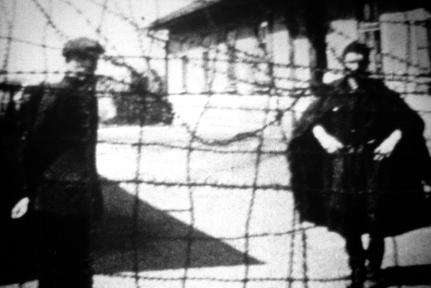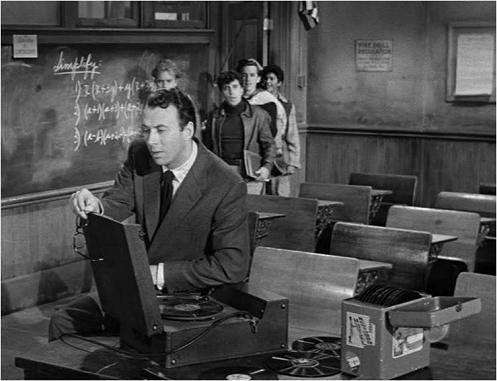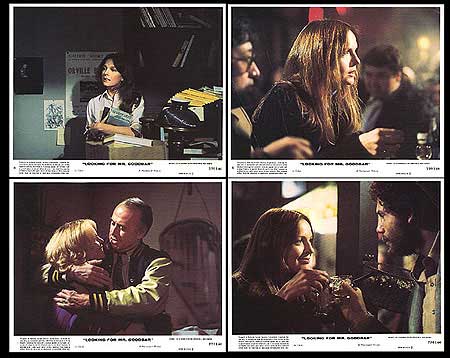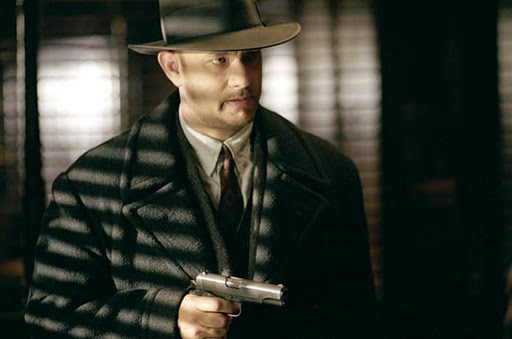From the Autumn 1988 Sight and Sound. — J.R.
“I earn a good living and get a lot of work because of this ridiculous myth about me,” Orson Welles told Kenneth Tynan in the mid-60s. “But the price of it is that when I try to do something serious, something I care about, a great many critics don’t review that particular work, but me in general. They write their standard Welles piece. It’s either the good piece or the bad piece, but they’re both fairly standard.”
Standard Welles pieces were for once not the main bill of fare at a major Welles; retrospective and conference held last May at New York University and the Public Theater. A welcome amount of concrete research into Welles’ work in radio, theatre and film was aired, along with the obligatory theoretical exercises. Sidebars included an extensive exhibition of Welles’s radio shows and materials documenting stage productions, and an effectively staged reading of Moby Dick — Rehearsed, a prime instance of how Wellesian magic could be conjured out of suggestively minimal sounds and images.
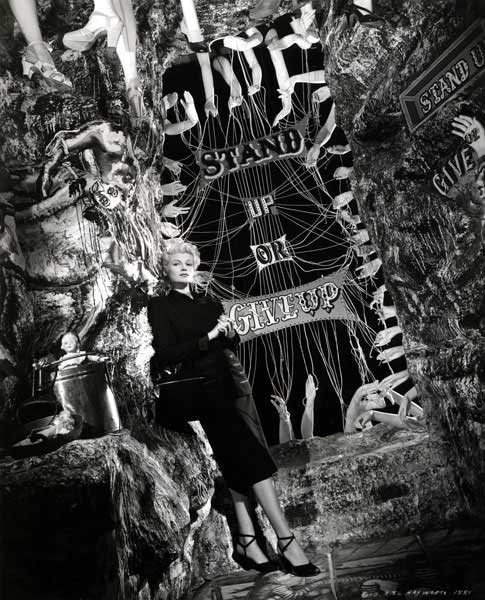
In his keynote address, James Naremore offered some fascinating glimpses into the Welles archive in Bloomington, Indiana. The original version of THE STRANGER was half an hour longer, with a flashback structure, a surreal early scene set on a dog-training farm in Argentina and a nightmarish dream sequence.

